Renaissance
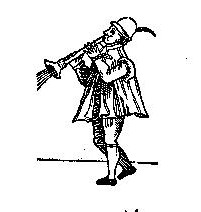
In der alten Musik begegnet man vielen Tänzen wie zum Beispiel Pavanen, Gaillarden, Allemanden und den unvermeidlichen „altenglischen Tänzen“ von John Playford .
Wer wissen möchte, wie man dazu getanzt hat, aber bisher noch keine besondere Erfahrung damit gemacht hat, ist bei diesem Workshop richtig!
Bitte bequeme Kleidung und Gymnastikschuhe oder ähnliches mitbringen. Ein Partner wird für die Anmeldung nicht benötigt!
Uhrzeit: 14 - 17:30
Musikzentrum Schulauer Hof
Teacher
Contacts
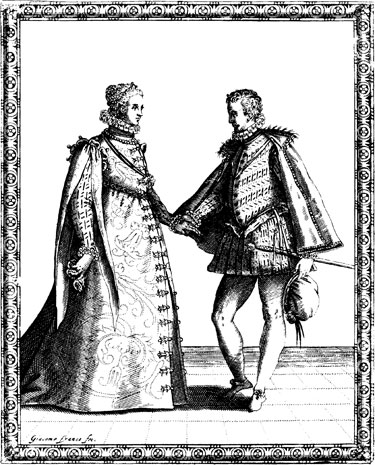
10:00 Registration and coffee/tea
10:30 Workshop commences
17:00 Finish
The variety and riches of dancing c.1600 will be presented through close study of a balletto by Caroso or Negri, alongside a selection of dances from England and France.
Breaks for tea & coffee (£1 for whole day), and lunch, will be
made at appropriate points in the day. You may bring a packed
lunch. There are several pubs, sandwich bars and cafes in the area.
ISTD Studios
Teacher
Contacts
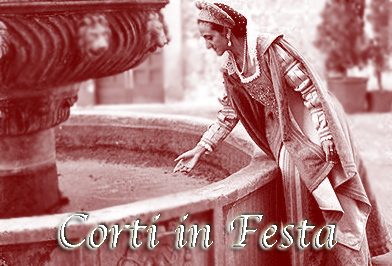
Incontri con la danza dal XV al XVIII secolo
ORIGINALE E CONTEMPORANEO LETTURE E RILETTURE COREOGRAFICHE DEL CINQUECENTO ITALIANO
White Cloud Studio
Teacher
Contacts
An excellent database of Renaissance dances which links to original sources!
It contains these styles
- 15th Century Italian
- 16th Century Italian
- Basse Dance
- Bransles
- English Country Dance
- Gresley
- Improvised Dances
- Pavanes, Almans, and Measures

Saturdays 2–6 pm
Skill and grace in Late Renaissance dance will be nurtured through steps and dances from Italian and French sources.
see also http://www.dhds.org.uk/bedm/
Brickhill Community Centre Upper Hall
Teacher
Contacts
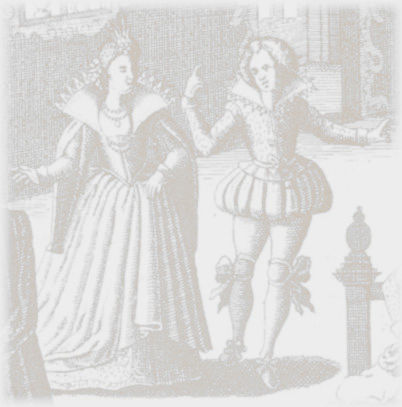
Passi e stili a confronto.
I Contrapassi di Caroso nelle versioni de Il Ballarino e di Nobiltà di dame.
Il Contrapasso di Santucci e la Catena d’amore di Negri.
Livello intermedio/avanzato
FREQUENZA
Ciascun incontro prevede 6 ore di lezione / SCHEDULE (6 hours)
Sabato ore 16,30-19,30 Saturday: 4,30 p.m.-7,30 p.m.
Domenica ore 15,30-18,30 Sunday: 3,30 p.m.-6,30 p.m.
COME PRENOTARSI / INSCRIPTION
Le prenotazioni devono pervenire a gloria.giordano@fastwebnet.it
entro e non oltre l’8 ottobre 2011 per il primo seminario
White Cloud Studio
Teacher
Contacts

Sfide musicali (contrapassi in quadernaria), interpretazioni coreografiche e musicali, questioni di spazio, tempo e variazioni, lo stile dell’“ondeggiare” (il “sorgere” di Guglielmo).
Gelosia, Duchessa, Principessa.
FREQUENZA
Ciascun incontro prevede 6 ore di lezione / SCHEDULE (6 hours)
Sabato ore 16,30-19,30 Saturday: 4,30 p.m.-7,30 p.m.
Domenica ore 15,30-18,30 Sunday: 3,30 p.m.-6,30 p.m.
COME PRENOTARSI / INSCRIPTION
Le prenotazioni devono pervenire a gloria.giordano@fastwebnet.it
entro e non oltre l’8 ottobre 2011 per il primo seminario
White Cloud Studio
Teacher
Contacts
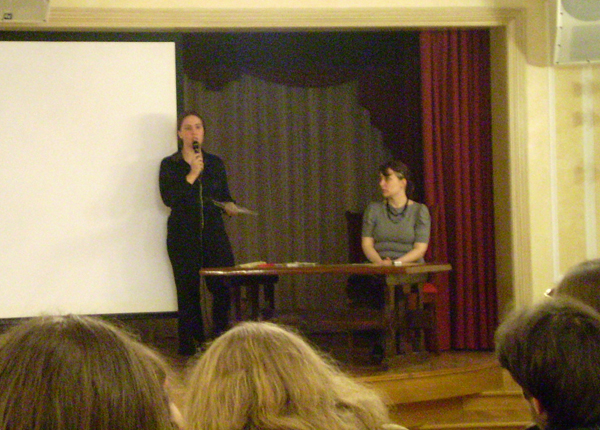
V dance reconstruction conference
VAGANOVA BALLET ACADEMY
Saint-Petersburg Historical Dance Club
March, 8-10, 2012, at Vaganova academy, Zodchego Rossi, 2, Sankt-Peterburg, Russia
History & practice of social dance, its connections with scene dance is an interesting and important theme for dance researches. We'll discuss relationship between styles & dances of different countries & regions; variety of European dance cultures.
Some suggested topics:
- dance & its place in society, correlation of dance & social culture
- historical evolution & traditions of social dances